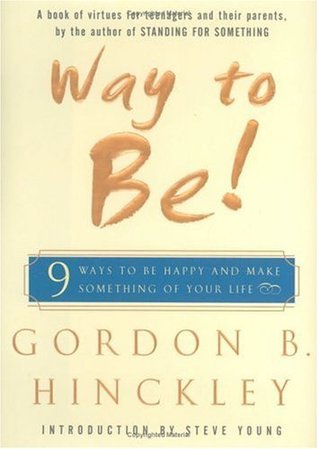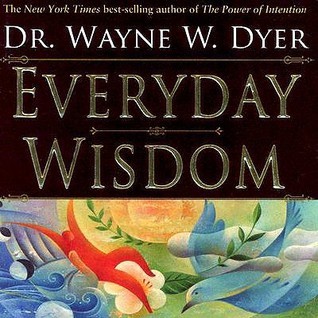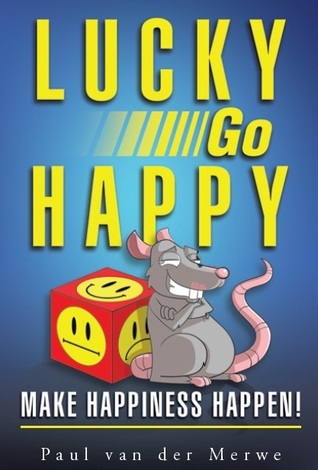
The Way to Happiness
Book Description
Unlock the secrets to a joyful life! "The Way to Happiness" is a powerful guide that reveals the essential principles needed to navigate the chaos of modern existence. With each page, it challenges conventional wisdom, offering actionable insights that lead to profound personal transformation. As the world spins in uncertainty, this book stands as a beacon of hope and clarity, teaching the indispensable truths that can forge strong relationships and ignite a lasting sense of purpose. Are you ready to reclaim your happiness and make a meaningful impact on the lives around you?
Quick Book Summary
"The Way to Happiness" by L. Ron Hubbard offers a commonsense moral code designed to guide individuals towards a fulfilling and ethical life. Through simple yet profound principles, the book emphasizes the importance of personal integrity, kindness, and responsibility in shaping both individual well-being and broader societal harmony. Rather than focusing on dogmatic or religious doctrines, Hubbard presents a secular framework that anyone can apply regardless of cultural or spiritual background. The pragmatic advice spans daily actions, relationships, and personal conduct, providing clear pathways to achieving happiness and peace of mind. By empowering readers to make better choices and foster positive communities, the book presents itself as a practical roadmap for navigating the challenges of modern life and cultivating a happier, more meaningful existence.
Summary of Key Ideas
Table of Contents
Living with Integrity and Honesty
L. Ron Hubbard’s book opens with an exploration of how honesty and integrity serve as foundational pillars for a happy life. The text invites readers to examine their ethics and daily choices, highlighting that true contentment begins by aligning actions with values. Hubbard argues that upholding truthfulness and personal honor not only enhances self-respect but also fosters trust with others, setting the stage for inner peace and happiness.
The Importance of Personal Responsibility
A core message in the book revolves around personal responsibility. Hubbard stresses that each individual holds the power—and the duty—to positively impact their environment. Simple acts such as taking care of one's body, keeping promises, and avoiding harmful substances are presented as crucial in shaping one's destiny. The book encourages readers to actively choose constructive behaviors, emphasizing that happiness is not accidental but rather the direct result of mindful decision-making.
Building Respectful Relationships
Relationships, Hubbard suggests, are the crucible in which happiness is tested and sustained. He offers guidance on cultivating respect, kindness, and loyalty in dealings with family, friends, and colleagues. Mending broken trust, avoiding gossip, and supporting others in their growth are presented as essential means to nurture solid, uplifting connections. The book underscores the necessity of empathy and understanding as tools for creating harmonious bonds and sustaining collective happiness.
Fostering Social Harmony and Community Contribution
Expanding from the personal to the collective, the book highlights the far-reaching effects of positive contributions to one’s community. Hubbard addresses the social responsibility of discouraging criminality and promoting lawful conduct, as well as environmental stewardship. He inspires readers to help others succeed and maintain standards that benefit society at large. By advocating for a ripple effect of ethical conduct, the book illustrates how individual happiness is interlinked with the well-being of larger groups, ultimately shaping a better world.
Download This Summary
Get a free PDF of this summary instantly — no email required.





